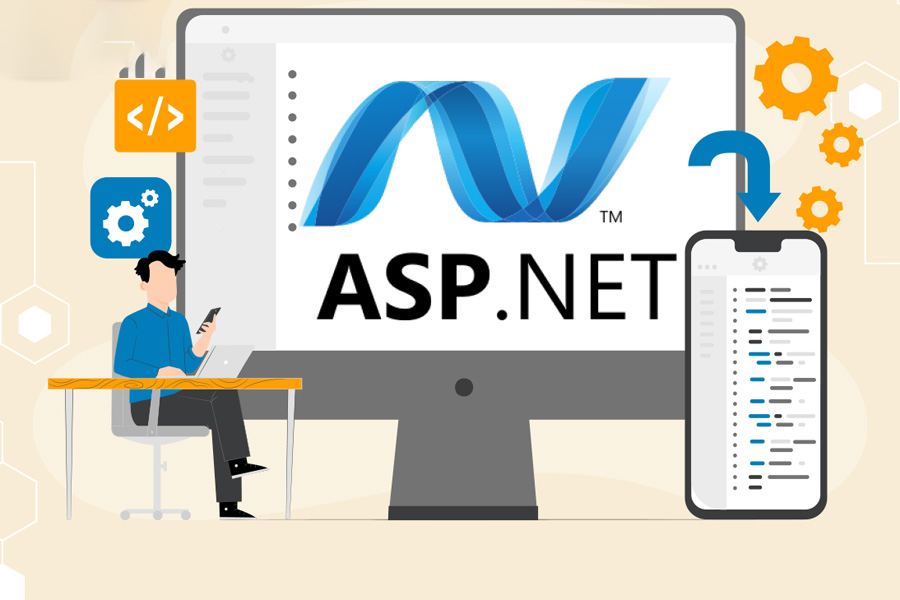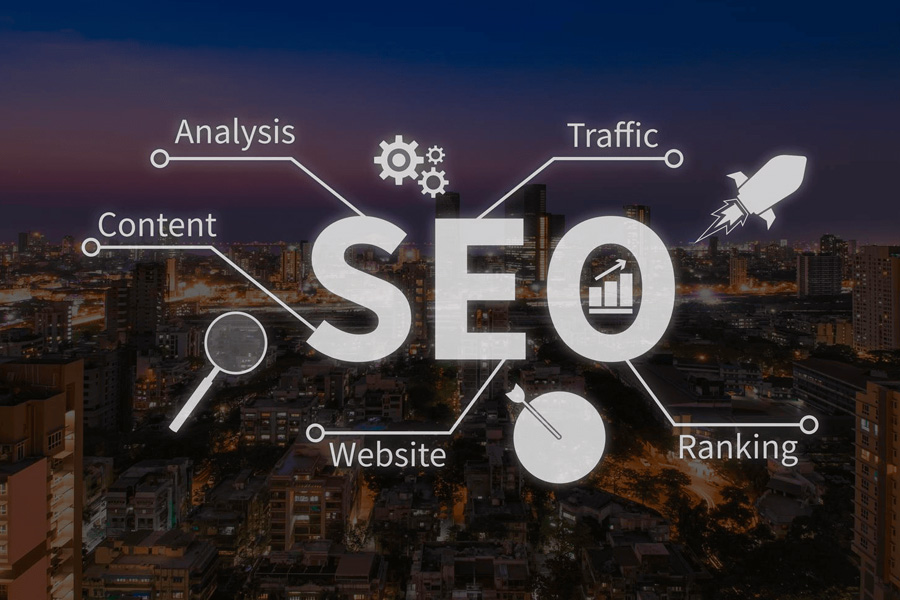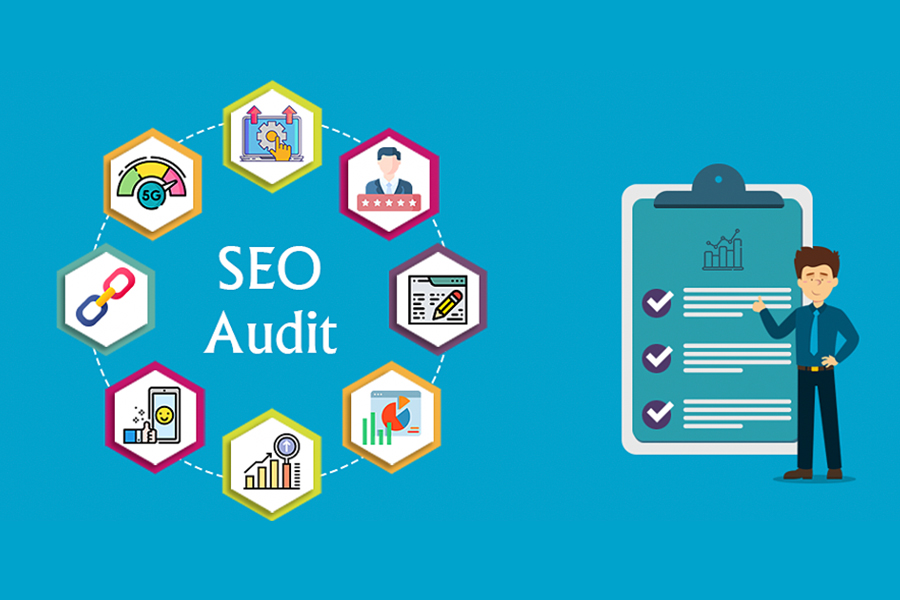On-page SEO involves optimizing individual web pages to improve search engine rankings and attract organic traffic. You can achieve that by seeking professional SEO consultancy services. An SEO consultant will comprehensively audit a client’s website to assess its current SEO status. This involves analyzing various on-page and off-page factors, technical aspects, content quality, keyword usage, backlink profile, and more. The audit helps identify areas for improvement and provides a foundation for the SEO strategy.
Here are some top tips for achieving the best results with on-page SEO:
Keyword Research:
Conduct thorough keyword research to identify relevant keywords and phrases your target audience is searching for. Use tools like Google Keyword Planner, SEMrush, or Ahrefs to find popular and low-competition keywords.
High-Quality Content:
Create valuable, engaging content that satisfies the user’s search intent. Make sure your content is well-written, informative, and original. Include your target keywords naturally within the content, but avoid keyword stuffing.
Title Tags:
Use unique and descriptive title tags for each page. Include your primary keyword near the beginning of the title tag, and keep it within 60 characters to ensure it displays properly on search engine results pages (SERPs). Meanwhile, check out the basics of technical SEO services.
Meta Descriptions:
Write compelling meta descriptions that accurately outline the page’s content and lure users into clicking. Although meta descriptions don’t affect rankings directly, they can affect click-through rates.
URL Optimization:
If you want top SEO services for accountants, create search engine-friendly URLs that are short, descriptive, and include your target keyword. Avoid using long strings of numbers or irrelevant characters in your URLs.
Heading Tags:
Use heading tags (H1, H2, H3, etc.) to structure your content and make it easier for search engines to understand the hierarchy and importance of different sections. Include relevant keywords in your headings, but prioritize readability and user experience.
Image Optimization:
If you want the best SEO services for moving companies, optimize your images by squeezing them to reduce file size, using expressive file names, and including alt tags with relevant keywords. This helps search engines understand the content of the images and improves accessibility.

Internal Linking:
Include internal links within your content to guide users to related pages on your website. This helps search engines discover and index your pages more efficiently while improving user navigation.
Mobile-Friendly Design:
Ensure your website is responsive and provides a seamless user experience across different devices, especially mobile devices. Mobile-friendliness is a crucial ranking factor since a significant portion of internet users access websites via mobile devices.
Page Loading Speed:
Maximize your website’s loading speed by reducing images, minifying code, and implementing caching techniques. A fast-loading website enhances user experience and can positively impact search rankings.
User Experience (UX):
Prioritize user experience by creating an intuitive and user-friendly website. Focus on easy navigation, clear calls to action, and a visually appealing design. Positive user signals, such as low bounce rates and longer time on site, can indirectly benefit your rankings.
Schema Markup:
Implement schema markup to provide search engines with additional information about your content. This can enhance your search results with rich snippets like star ratings, reviews, and other relevant data.

Social Sharing:
Make it easy for users to share your content on social media platforms by incorporating social sharing buttons. Increased social engagement can contribute to improved visibility and traffic.
Regular Updates:
Keep your website updated with fresh content. Regularly publish new blog posts, articles, or other valuable content to signal to search engines that your website is active and relevant.
Finally, remember that on-page SEO is just one aspect of a comprehensive SEO strategy. Off-page factors like backlinks, social signals, and domain authority determine search rankings. Combining on-page and off-page optimization techniques is important for the best results. To learn more in-depth about on-page SEO, check out our article by Leading Solutions.






